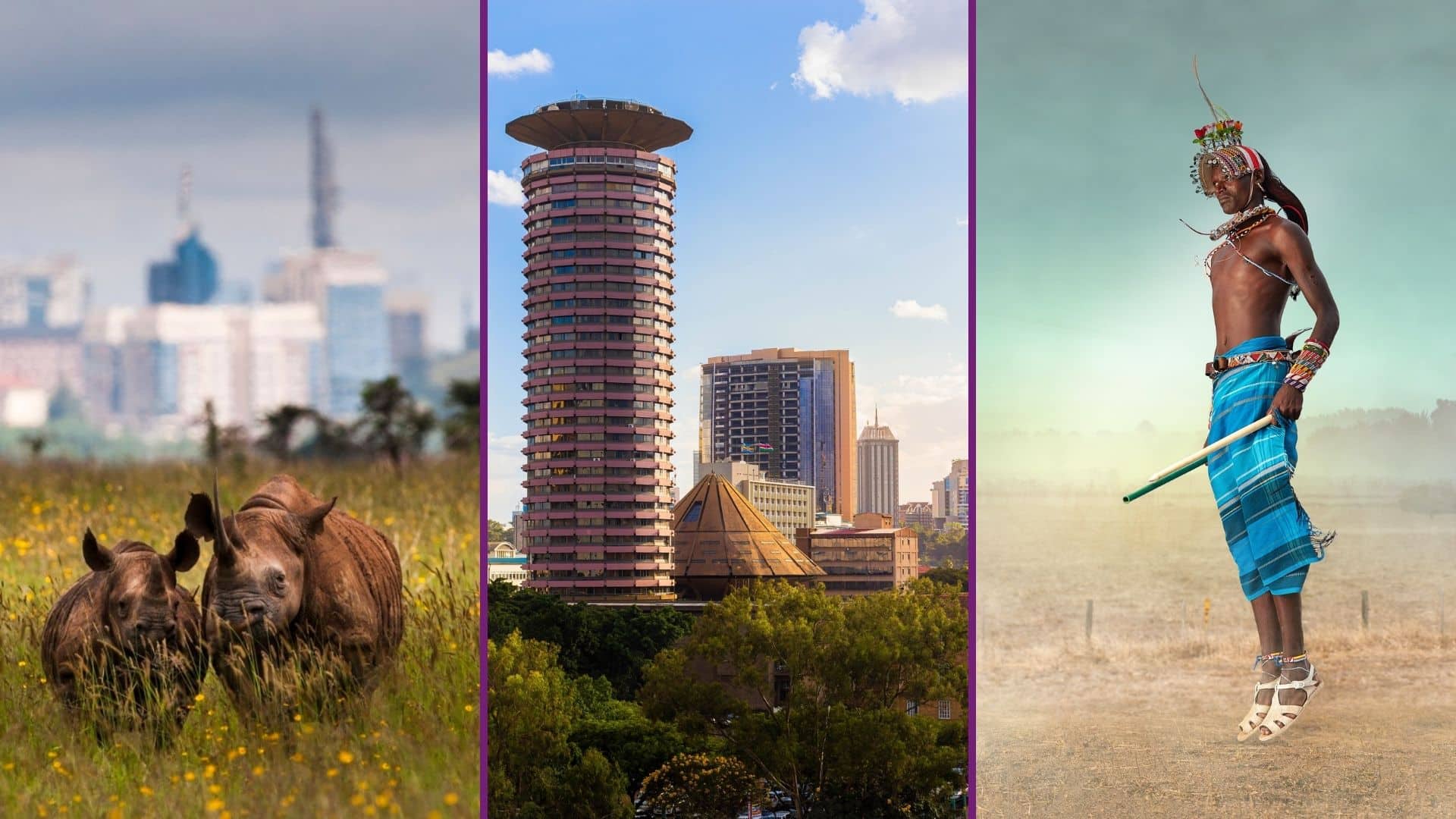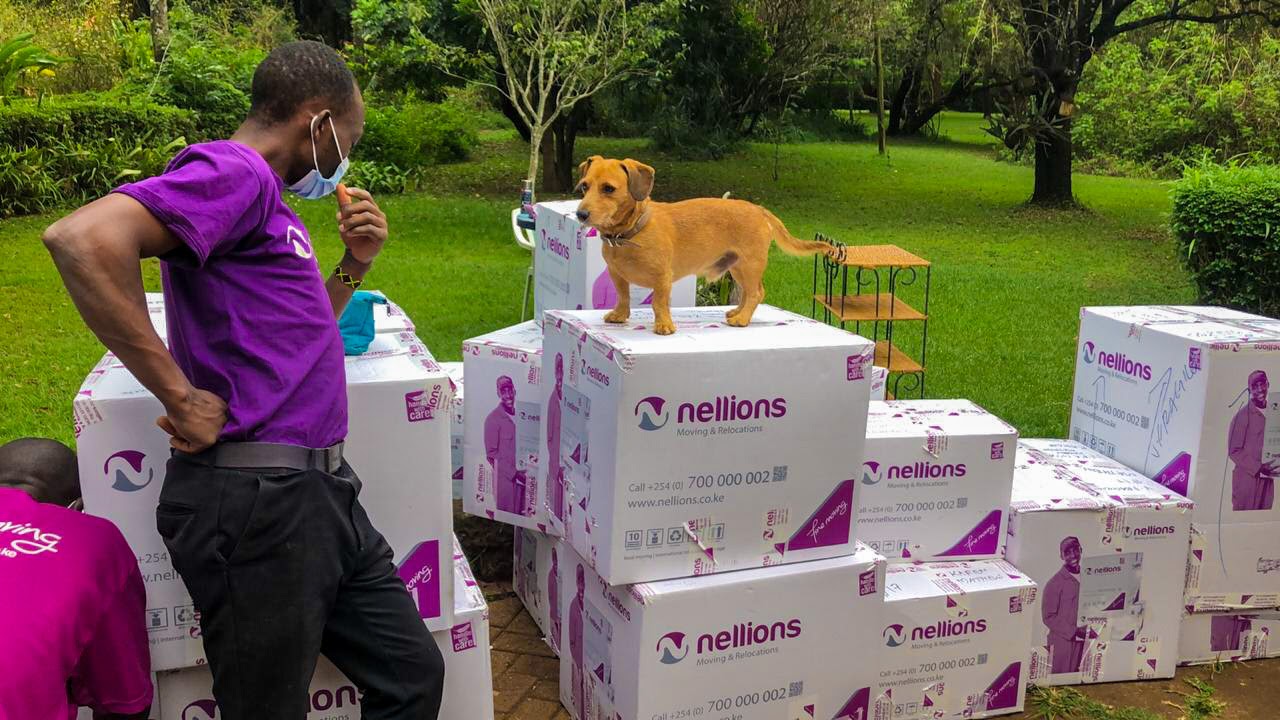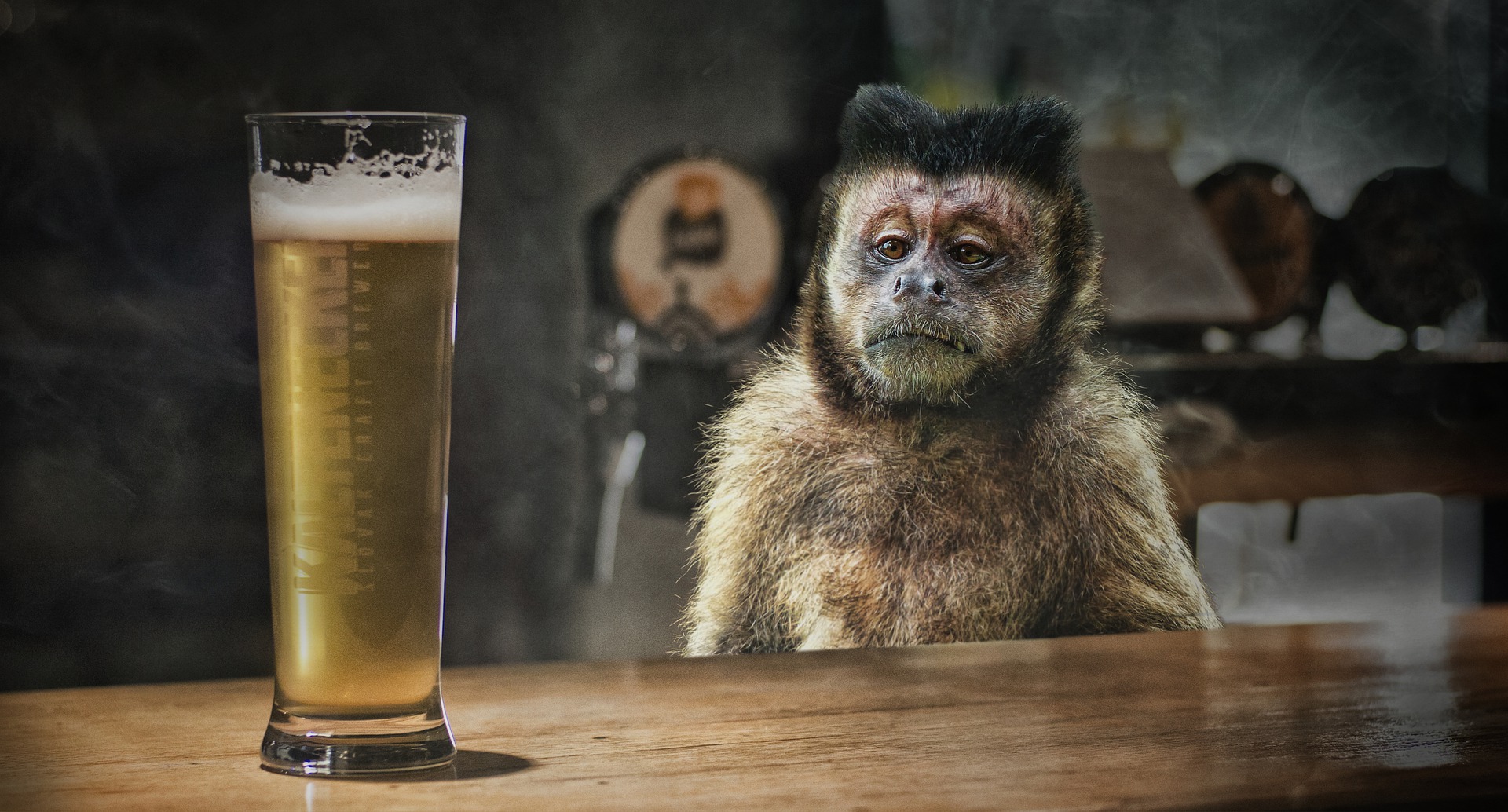Last updated on April 24th, 2024 at 12:11 pm
Welcome to Kenya: Your New Adventure Begins Here
Are you considering a move to Kenya, the heart of East Africa, known for its breathtaking landscapes, rich cultural tapestry, and vibrant urban life? Whether you’re relocating for work, seeking a new lifestyle, or planning your retirement, Kenya offers a unique and exhilarating experience. At Nellions, we understand that moving to a new country can be both exciting and daunting. That’s why we’re here to guide you through every step of your journey, ensuring a smooth transition to your new home.
In this comprehensive guide, we delve into the essential aspects of moving to and living in Kenya. From navigating the nuances of the Kenyan healthcare system and understanding the innovative education system, to immersing yourself in the dynamic social life and expat communities, we’ve got you covered.
Our insights are drawn from years of experience and a deep understanding of Kenya’s unique charm and challenges.
Join us as we explore what it means to make Kenya your new home. Discover the beauty, opportunities, and adventures that await you in this diverse and welcoming country. With Nellions, you’re not just moving; you’re embarking on a journey of a lifetime.

1. Kenyan Immigration Procedures
Like many other countries, Kenya has different types of resident permits issued to different classes of foreigners. Diplomats, expatriates, investors, and those moving for retirement all have different requirements. It is important to become fully familiar with all the requirements based on one’s situation before relocating to Kenya especially if the entire family is moving too. Most of the government immigration services can be found online at www.immigration.go.ke.
However, it might be helpful to engage a Kenyan relocation consultant to get professional advice that is specific to your move and avoid any last-minute headaches.
2. The Economy of Kenya
Kenya has been a middle-income country since 2015. The country’s economy is the largest in Eastern and Central Africa, with Nairobi city serving as a regional commercial hub. Agriculture is the major economic activity in Kenya, closely followed by the services sector — tourism in particular. In recent years, Kenyans have proven themselves to be a formidable force in the tech sector, with a lot of innovation happening particularly in the fintech space.
Kenya has the largest and most diversified economy in the East and Central African region, and Nairobi city serves as a regional commercial hub. Agriculture (particularly horticulture), tourism, manufacturing, banking, telecommunications, and transport sectors are very robust. The Kenyan economy has been growing at an average rate of above 5% per year in the last decade.
The literacy level in Kenya is 82%. Most people have gone up to high school at least, and most youths have university degrees. This creates a vibrant intelligent workforce that is easily trained.
3. Major Cities in Kenya
Kenya’s capital, Nairobi, is a diverse cosmopolitan city with people from over 100 nationalities. It is a diplomatic hub, housing one of the 4 Major United Nations Global Headquarters at Gigiri, the Delegation of the European Union to Kenya, and dozens of Embassies and High Commissions. Nairobi is also the only capital city on Earth with a game reserve within its boundaries.
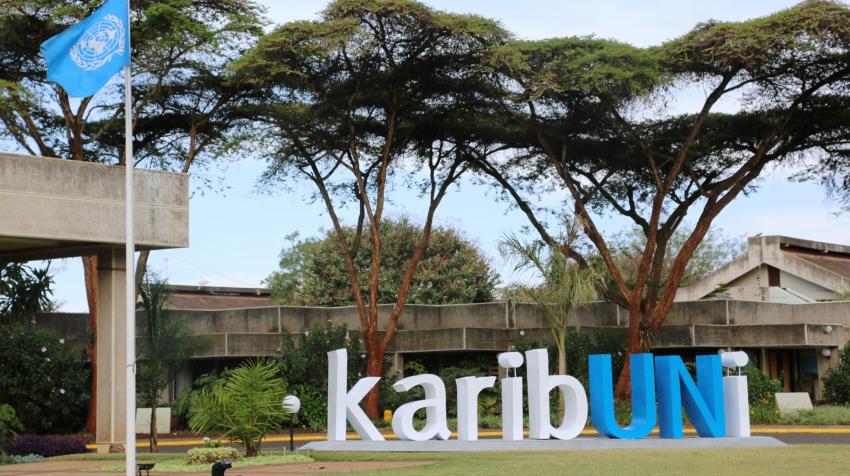
Photo Source: The United Nations Office at Nairobi
The Nairobi National Park is home to many species of wildlife including lions, giraffes, gazelles, and endangered black rhinos. There is also Karura forest in Nairobi which is quite popular with expatriates and Kenyan middle class for jogging and nature walks. There is also a giraffe sanctuary and a rescue and rehabilitation program for orphaned infant elephants at David Sheldrick Elephant Orphanage in Nairobi which are both very fascinating. The city has many ultra-modern malls for shopping and dining experiences. Nairobi hosts the ICD dry port for clearance of seaport shipments.
Mombasa is the second-largest city and is a seaport on the Indian Ocean coast. It is a top holiday destination with clean sandy beaches alongside Malindi/Watamu/Kilifi on the north and Diani in the south. The Kenyan coast has many world-class hotels and two very good marine parks.
Kisumu city is the third-largest urban center and is located on the Western part of the country on the shores of Lake Victoria (the largest lake in Africa and source of the longest river on Earth, the Nile). The inland port at Lake Victoria is a useful channel for ferrying goods between the Indian Ocean and a lot of Kenya’s landlocked neighbours.
Nakuru, a city renowned for its scenic beauty and vibrant culture, offers a unique living experience in Kenya. Nestled in the Great Rift Valley, it’s known for the famous Lake Nakuru, a haven for flamingos and diverse wildlife, making it a paradise for nature enthusiasts. The city combines the tranquility of a laid-back lifestyle with the convenience of urban amenities. Residents enjoy a range of outdoor activities, including visits to the nearby Menengai Crater and hiking in the surrounding hills. Nakuru’s growing economy, driven by agriculture, manufacturing, and tourism, provides ample opportunities for both locals and expatriates. The city’s friendly community, affordable cost of living, and developing infrastructure make it an attractive destination for those seeking a balance between urban life and natural beauty. With its mix of local markets, modern shopping centers, and diverse culinary scene, life in Nakuru offers a blend of traditional Kenyan culture and contemporary living.
4. Transport & Infrastructure in Kenya
Kenya is very well connected both physically and digitally.
There are 4 functional international airports in Kenya, although the most active are the ones in Nairobi and Mombasa. There are at least a dozen local airports and airstrips peppered throughout the country, and plans are underway to construct more. Nairobi’s geographically central location makes it easy to quickly travel to other parts of the country.
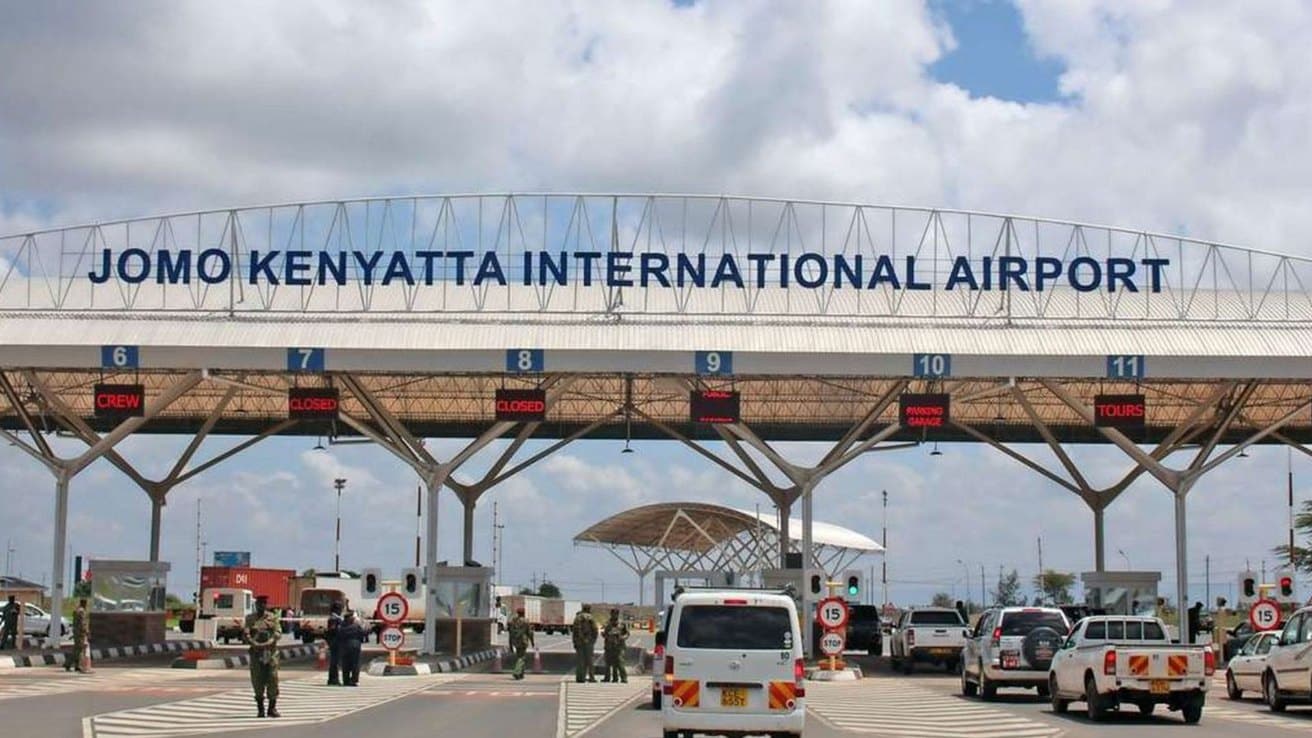
Image Photo Source: Nairobi News
Internet penetration is about 75% in the country and it is quite reliable throughout the country. Fixed cable internet is only currently available in major cities, and the entire country is covered by a strong 4G presence. In June 2020 the government of Kenya became the first country in the world to get balloon-powered internet supplied by Alphabet principally to serve the marginal (semi-arid) areas.
There is a good and extensive road network that extends to nearly all places in Kenya. Be warned: driving in Kenya’s major cities is not for the faint-hearted — the roads are quite chaotic, with a rampant disregard for a lot of traffic laws that is almost palpable. If driving isn’t your cup of tea, you can easily hire a driver starting at US$ 300/month. Uber and taxis are plentiful in the major cities, while those seeking a dose of adrenaline can try riding public transport vehicles (commonly known as matatus) — easily noticeable by their bright colours and booming music.
In the last decade, the Kenyan government has also undertaken the task of revamping the country’s rail network. The first phase of this project was completed in 2017 and connects Nairobi to Mombasa and makes the 480 km journey in 6 hours.
This development is part of a grand Sh2.1 trillion plan to expand the Standard Gauge Railway (SGR) network, connecting key cities and regions across the country. The government’s ambitious project, as detailed in a recent Business Daily Africa article, aims to extend the railway to Kisumu, Malaba and Isiolo by June 2027.
This expansion is set to revolutionize transportation within Kenya, enhancing connectivity and spurring economic growth. With further extensions planned, the SGR is poised to become a central artery in Kenya’s transport infrastructure, linking major urban centers and opening up new opportunities for trade and travel within the country and with landlocked neighbours such as South Sudan and Ethiopia.
Upon completion, the standard gauge railway will connect the Lake Victoria port at Kisumu, the Inland Container Depot at Nairobi (ICD), and the coastal ports of Mombasa and Lamu. At the recently refurbished Kisumu port, ships will ferry cargo to and from Kenya’s landlocked neighbours Uganda, Rwanda, Burundi, and the Democratic Republic of Congo via Lake Victoria.
The country is also undertaking another massive infrastructure project that will link Kenya with Ethiopia and Southern Sudan through interregional highways, oil pipelines, and interregional railway lines. The project also involves the construction of a new port in Kenya’s coastal city of Lamu and 3 international airports.
5. Housing in Kenya
In Kenya, the housing landscape offers a diverse range of options, catering to various preferences and budgets. In major cities like Nairobi, Mombasa, and Kisumu, housing choices range from luxurious gated communities and high-rise apartments to more modest townhouses and bungalows.
Urban Housing: In Nairobi, upscale neighborhoods like Karen, Lavington, and Runda are popular among expatriates and affluent locals, offering spacious homes with modern amenities. Mombasa, known for its coastal charm, provides options like Nyali and Diani, where residents can enjoy beachfront properties. Kisumu, with its recent developments, is seeing a rise in modern apartments and townhouses, particularly in areas like Milimani.
Rural and Suburban Living: Beyond the cities, Kenya’s countryside offers serene environments ideal for those seeking a quieter lifestyle. Towns like Naivasha, Nanyuki, and Eldoret are known for their beautiful landscapes and more laid-back pace of life. Here, one can find standalone houses with ample outdoor space, often at more affordable prices than in the cities.
Rental and Purchase Options: The real estate market in Kenya caters to both renters and buyers. While renting is common among expatriates and those seeking flexibility, the market also offers opportunities for purchasing property. In recent years, there has been a growth in real estate developments, with new housing projects and gated communities springing up, particularly in suburban areas.
Housing Amenities: Modern housing in Kenya often comes with amenities such as swimming pools, gyms, and community centers. Security is a key consideration, with many opting for homes in gated communities or with private security services.
Learn more about housing in Kenya: Moving to Kenya? Here are the top modern and upcoming neighborhoods
6. Education in Kenya
International Schools in Kenya
Kenya is home to numerous international schools, particularly in Nairobi and Mombasa, offering British, American, and International Baccalaureate (IB) curriculums. Renowned schools include the International School of Kenya, Brookhouse School, and Braeburn Schools.
These institutions are known for their high educational standards, diverse student bodies, and extracurricular offerings. They provide an excellent environment for expat children to continue their education in a familiar curriculum while experiencing cultural diversity.
Read more: 30+ of The Top International Schools In Kenya
Kenyan Local Education System
In 2017, Kenya introduced a significant shift in its education system with the Competency-Based Curriculum (CBC), moving away from the traditional 8-4-4 system. This new approach aims to produce ‘engaged, empowered, and ethical citizens’ through a 2-6-3-3-3 System of Education.
Structure of CBC
- Early Years Education: 2 years in Pre-primary.
- Primary Education: 6 years (Grade 1–6).
- Junior Secondary: 3 years (Grade 7, 8, 9).
- Senior Secondary: 3 years (Grade 10, 11, 12).
- University Education: 3 years.
CBC emphasizes seven core competencies: communication and collaboration, critical thinking and problem-solving, creativity and imagination, citizenship, digital literacy, learning to learn, and self-efficacy. This learner-centered approach contrasts with the traditional teacher-centered model, offering a more holistic development for students.
7. Healthcare in Kenya
Kenya boasts a range of healthcare facilities, including public hospitals, private clinics, and specialized medical centers.
In major cities like Nairobi and Mombasa, healthcare standards are high, with facilities equipped with modern technology and staffed by skilled professionals.
Notable hospitals in Kenya include the Aga Khan University Hospital, the Nairobi Hospital in Nairobi, and Mombasa Hospital in Mombasa. These facilities offer a range of services from general care to specialized treatments.
Read more: 12 of the Top Health Care Facilities in Kenya
Health Insurance Options in Kenya
Expats moving to Kenya should consider obtaining health insurance that covers both local and international medical care. Many opt for international health insurance plans that provide comprehensive coverage, including medical evacuation.
Local insurance options are also available, offering various plans that cater to different needs and budgets. It’s advisable to research and choose a plan that offers a good balance of coverage, cost, and accessibility to preferred healthcare facilities.
8. Social Life in Kenya
Expat Communities
Kenya’s vibrant expat communities are found in major cities and popular coastal areas. These communities are welcoming and provide a great support network for newcomers. Organizations like InterNations and the Kenya Expatriates Group offer regular meetups, events, and networking opportunities.
Ex-pat communities exist all around the country, and they hold regular meetups and trips. A good way to link up with fellow ex-pats is to visit the spots where they frequent, which you can find out by asking about in the area where you live. Platforms like InterNations, Meetup, and Eventbrite can also help you find and connect with like-minded individuals.
Social Clubs and Activities
Kenya offers a wealth of social clubs and activities catering to diverse interests. The Nairobi Club, Muthaiga Country Club, and Karen Country Club are popular among expats for sports, dining, and social events. For those interested in arts and culture, the Nairobi National Museum and various art galleries offer a glimpse into Kenya’s rich heritage.
9. Cost of Living in Kenya
Being a tropical country, Kenya has good weather which accommodates the production of a lot of foodstuffs like cereals and vegetables, making them very affordable. If you have the time, skill, and inclination, you can even grow most of your foodstuff on your personal farm as a lot of households do.
The cost of housing in Kenya varies widely depending on the location and type of property. In premium areas of Nairobi, rental prices for a three-bedroom house can range significantly, reflecting the high standard of living in these neighborhoods. In contrast, more affordable options are available in other parts of the city and smaller towns.
The cost of housing varies, mainly depending on neighbourhoods, but is still significantly lower than what you would pay for an equivalent lifestyle in New York City. At the moment the city of Nairobi has an oversupply of middle-class residential housing as well as office space which makes very good living spaces available at decent rates. The cost of hiring domestic workers (nanny/driver/gardener) is about US$ 250 per month. Nearly all these workers are educated and speak English. Education in international schools is a little expensive, comparable to the cost of private schools in the US. The country has no adverse weather and rarely do people need to heat their homes or use air conditioning, which reduces the cost of electricity.
Internet is moderately priced in Kenya, starting as low as $30 for fixed cable home internet for speeds of 10 Mb/s. A 50 Mb/s subscription will set you back about $65 per month.
10. Ever heard of Mpesa?
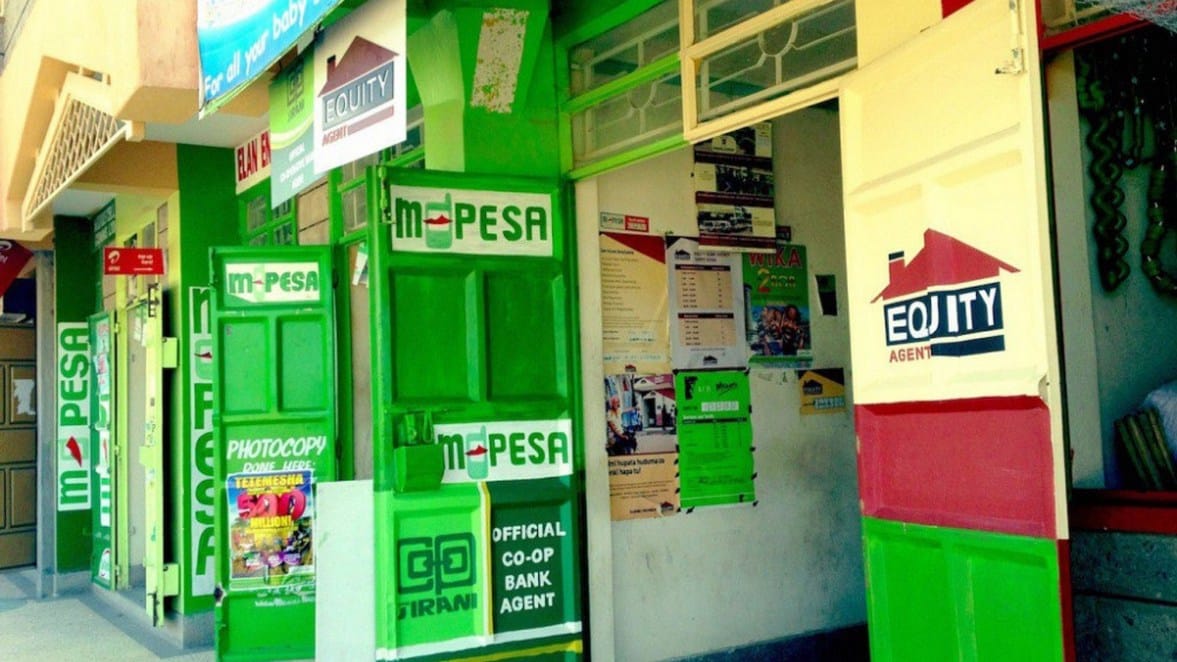
Image Photo Source: Qwetu News
Mpesa (M stands for mobile and ‘pesa’ is the Swahili word for money) is the Mobile Money method of choice in Kenya. Mpesa allows one to send and receive money and pay bills through their mobile handset like they would a text.
If you do not know Mpesa then you probably don’t know Kenya because 85% of the population uses it. This uniquely Kenya innovation is widely accepted by businesses in all parts of the country. It is a lot more common than cards and might even overtake cash transactions in the near future. At least a dozen other African countries have adopted it, and many others have tried creating money transfer apps, but none compares to Mpesa. Many foreigners, as they leave Kenya, usually say they will miss the ease and convenience of Mpesa.
11. Wildebeest Migration
The wildebeest migration is an annual spectacle that happens every July where hundreds of thousands of wildebeests cross the dangerous Mara river in the world-famous Maasai Mara Game Reserve and in the plains of the Serengeti.
Being one of the 7 Wonders of the New World, people travel from all over the world to come and witness this sight. If you ever do move to Kenya, make a point to see this spectacle in person.
12. Outdoor and Leisure Activities in Kenya
Kenya’s stunning landscapes provide a playground for outdoor enthusiasts. From safaris in the Maasai Mara to beach activities in Diani, there’s no shortage of adventure. Hiking in the Rift Valley, bird watching in Lake Nakuru, and water sports along the coast are popular weekend activities. For those seeking a more relaxed pace, Kenya’s coffee shops, restaurants, and shopping centers offer a variety of leisure options.
Weekend travels are a common thing within Kenya and are always a rewarding experience. Kenya is just about bursting with tourist attractions, and there is something for everyone; whether you’re an adrenaline junkie, a golf addict, or a craft beer connoisseur. Nature reserves are plentiful throughout the country such as the snow-peaked Mount Kenya — Africa’s second-largest mountain — and the natural flora and fauna that can be found in the surrounding Mt. Kenya National Reserve and many other wildlife sanctuaries. Those of adventurous spirit can climb the various mountains in the country or go skydiving or deep-sea diving in the Indian Ocean coast. Each Kenya national park is known for something unique, like flamingos in Lake Nakuru and the elephants of Tsavo National Park.
As it stands, the attractions on the three other major cities on either coast of Kenya are accessible through a quick 40-minute flight from Nairobi. You can also take a drive instead and enjoy the scenic Kenyan landscape on your road trip.
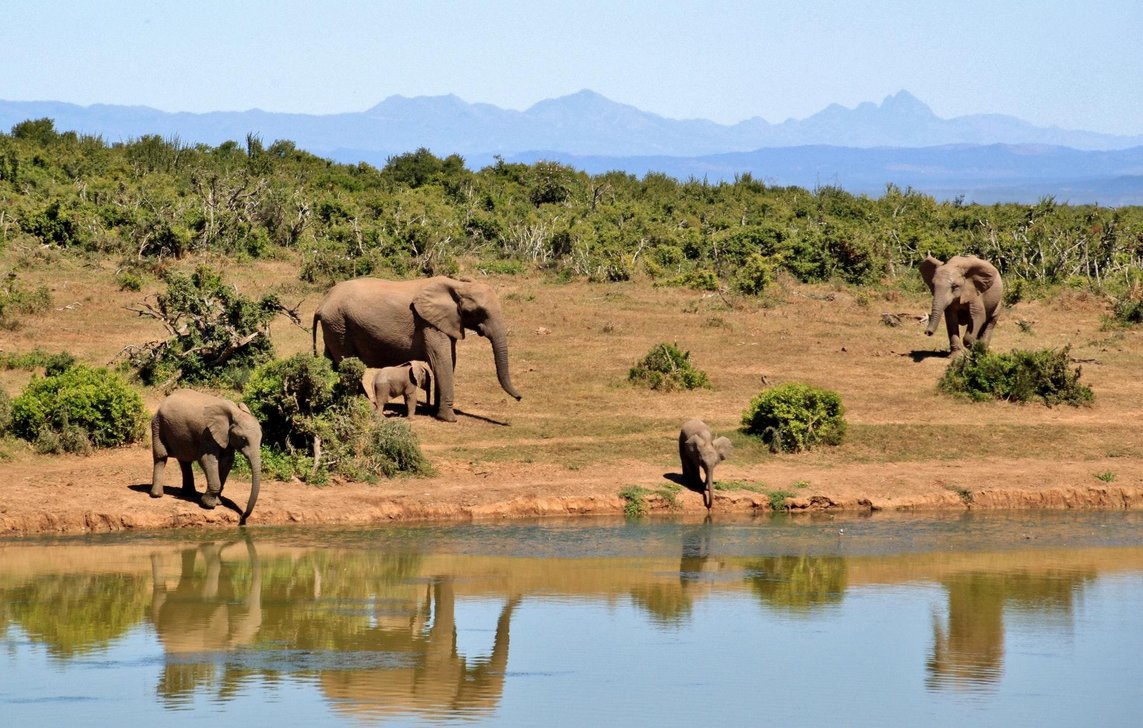
If you ever do find yourself living in Kenya for a particular stretch of time, we recommend visiting a few (or all) of the following places:
- Maasai Mara National Reserve
- Lake Nakuru National Park
- Lamu Island
- Nairobi National Museum
- Karen Blixen Museum
- Diani Beach
- Nairobi National Park and The David Sheldrick Wildlife Trust
- Malindi: Watamu Beach and Watamu Marine National Parks
- Hell’s Gate National Park
- Mount Kenya National Park
- Ol Pejeta Conservancy
- Giraffe Center
- Bomas of Kenya
- Tsavo National Park
- Nairobi Gallery
- Railway Museum
- Karura Forest Reserve
- Fort Jesus
- Historical ruins in the Kenyan coastal regions of Kilifi, Mombasa, Malindi, and Lamu eg Gedi Ruins, Siyu Fort, Jumba la Mtwana
- Wasini Island
- Mombasa Marine National Park
Learn more: Best places to hang out on a weekend in Kenya
13. Not every Kenyan can run a marathon
Kenya has won all the male Olympic gold medals in the 3,000-meter steeplechase since 1984. The current men’s and women’s marathon records are held by Kenyans.
Truth be told, a vast majority of the Kenyan population have scanty knowledge about athletics let alone running or winning marathons. Those who excel in long-distance running mainly come from the high-altitude areas of the Kenyan Rift Valley. If relocating to Kenya from the USA or Europe, you have witnessed many more people jogging in your home city than you will see in Nairobi. If however, you visit a place called Iten (350 kilometers west of Nairobi) you will find many elite runners including foreigners running all day long.
Whether you’re relocating to Kenya for work, to start a business, or for retirement, there is lots of beauty in this land that will make you stay… and Kenyans certainly like visitors.
14. Seamless Relocation to Kenya with Nellions
Embarking on your Kenyan adventure is an exciting prospect, and at Nellions Moving & Relocations LTD, we’re dedicated to making your transition as smooth and stress-free as possible. With our deep roots in Nairobi and Kampala, and extensive experience in the moving industry, we offer a personalized and comprehensive relocation service that caters to all your needs.
From the moment you decide to move, our team of experts is here to assist you. We handle everything from packing and shipping your belongings with the utmost care, to navigating the complexities of customs clearance. Our local knowledge ensures that your items arrive safely and on time.
But our services go beyond just moving your possessions. We understand that settling into a new country involves more than just a physical move. That’s why we offer a range of destination services, including assistance with finding housing, school enrollment for your children, and even guidance on local customs and hotspots. Our aim is to help you feel at home in Kenya from day one.
Choose Nellions for a moving experience that combines efficiency, local expertise, and a personal touch. Let us be your partner in starting this exciting new chapter in Kenya.




